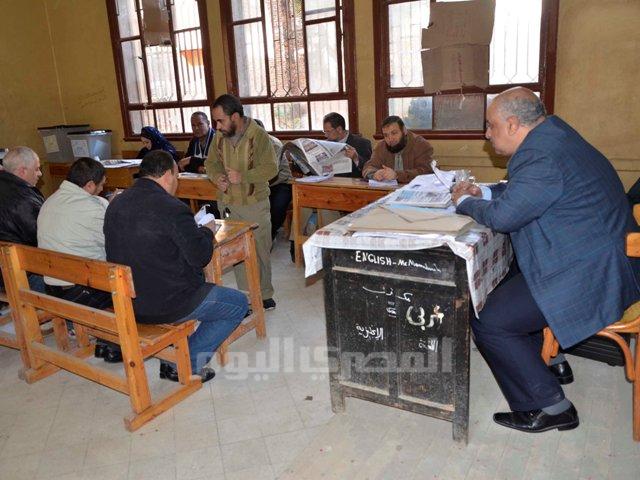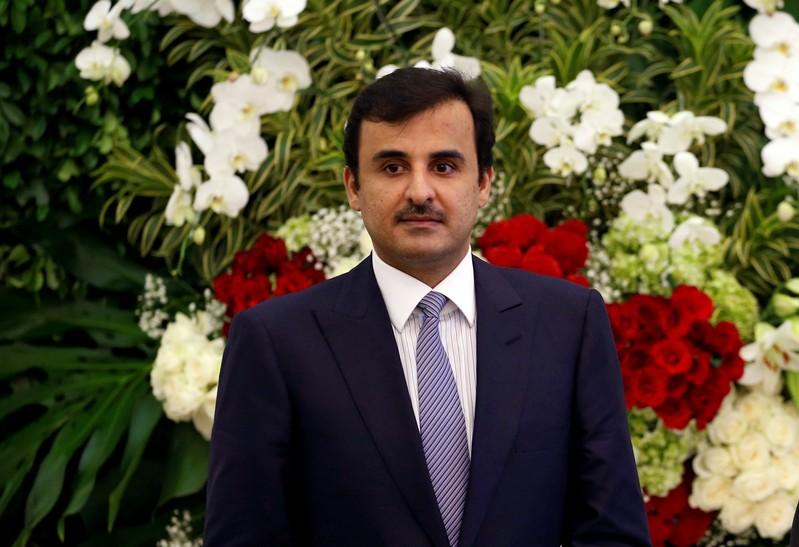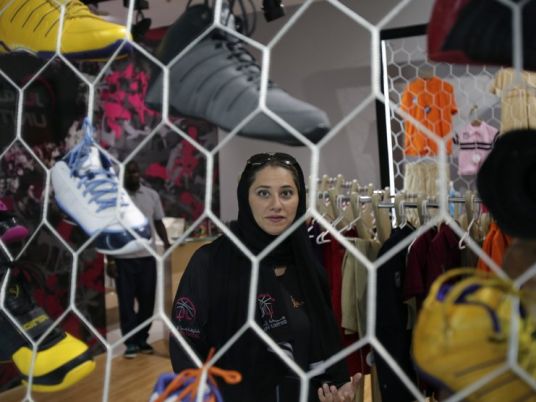
Today’s papers highlight the low turnout for Shura Council elections, giving the Egypt's upper house of Parliament little attention compared with the coverage that was dedicated to the People’s Assembly elections.
State-owned Al-Ahram reports that Red Sea Governorate polling stations were completely deserted. In the North Cairo constituency, the general public was unaware of the elections and had to be induced to vote with sweets.
“Interest in the sweets was greater than the interest in voting,” Al-Ahram reports.
The People’s Assembly is in session Monday, and Al-Ahram reports that the Salafi-oriented Nour Party will raise five issues: the state of emergency, gas, foreign borrowing, security and Syria.
As protests in front of the Maspero state television building calling for the Supreme Council of the Armed Forces to step down continue, Al-Ahram columnist Mohamed al-Saadany calls for “calm” from Egypt’s “great youth.”
In a column entitled “Our rendezvous is 30 June” — the date by which SCAF has promised it will hand over power to a civilian government — Saadany questions the motives of political forces calling on SCAF to step down early, saying that the majority of political forces want the transitional period to continue until June so that “no state institutions collapse.”
Opposition to this timeframe can only indicate a plot of some kind against Egypt, Saadany says — a plot that will take the country into a battle that will end “with the enemy dancing on Egypt’s cold corpse.”
In a rare occurrence, the state mouthpiece allows some mild criticism of its masters during an interview with Maikel Nabil, the blogger who was released recently after 302 days in prison for criticizing the military.
Al-Ahram asked Nabil his opinion on SCAF’s promise to hand over power in June.
“None of the revolutionaries trust SCAF because it had previously promised to hand over power within six months and didn’t stick to this pledge,” Nabil is quoted as saying. “This is in addition to the fact that SCAF members do not tell the truth about events such as Maspero, Mohamed Mahmoud and the Cabinet clashes.”
The transfer of power occupies all the papers. Privately owned Al-Shorouk reports on its front page that the Advisory Council is studying three proposals put forward to transfer power to civilian rule earlier, following a meeting between the Advisory Council and SCAF members on Saturday.
Lawyers Syndicate head Sameh Ashour, potential presidential candidate Mohamed Selim al-Awa and politician Ahmed Kamal Abul Magd submitted the three proposals.
According to an anonymous source, Awa proposed that presidential elections finish in May rather than June.
The anonymous source says that the Advisory Council rejected the idea to transfer power to the recently elected People’s Assembly “so that power does not go from the dictatorship of the National Democratic Party to the dictatorship of the Muslim Brotherhood.”
Independent Al-Tahrir reports that this is the first U-turn by the Advisory Council on the handover.
Al-Dostour reports that the power handover will take place on 30 March, while Youm7 goes further on its front page with the headline “Expectations that presidential nominations will start on 20 February,” saying elections are slated for April, without stating who is making these claims.
In Al-Tahrir, columnist Omar Taher regrets that while the revolution broke out to challenge “unchanging patterns” Egyptians lived in under the Mubarak regime, a year later, Egyptians “are drowning in unchanging patterns up to [their] ears.”
Taher identifies these unchanging patterns as the same guests who appear time and again on satellite television programs, saying the same thing and the repeated classification of these guests as “feloul” (regime remnants) or revolutionaries by viewers.
“Even the course of the revolution itself is drowning in these fixed patterns, as if ideas have dried up and stopped at the borders of Tahrir Square,” Taher writes despairingly.
State daily Al-Gomhurriya returns to one of its favorite subjects, thuggery, with a two-page feature on the issue that asks whether thugs are “criminals or victims.”
Egypt's papers:
Al-Ahram: Daily, state-run, largest distribution in Egypt
Al-Akhbar: Daily, state-run, second to Al-Ahram in institutional size
Al-Gomhurriya: Daily, state-run
Rose al-Youssef: Daily, state-run
Al-Dostour: Daily, privately owned
Al-Shorouk: Daily, privately owned
Al-Wafd: Daily, published by the liberal Wafd Party
Youm7: Daily, privately owned
Al-Tahrir: Daily, privately owned
Freedom and Justice: Daily, published by the Muslim Brotherhood's Freedom and Justice Party
Sawt al-Umma: Weekly, privately owned
Al-Arabi: Weekly, published by the Nasserist Party
Al-Nour: Official paper of the Salafi Nour Party




